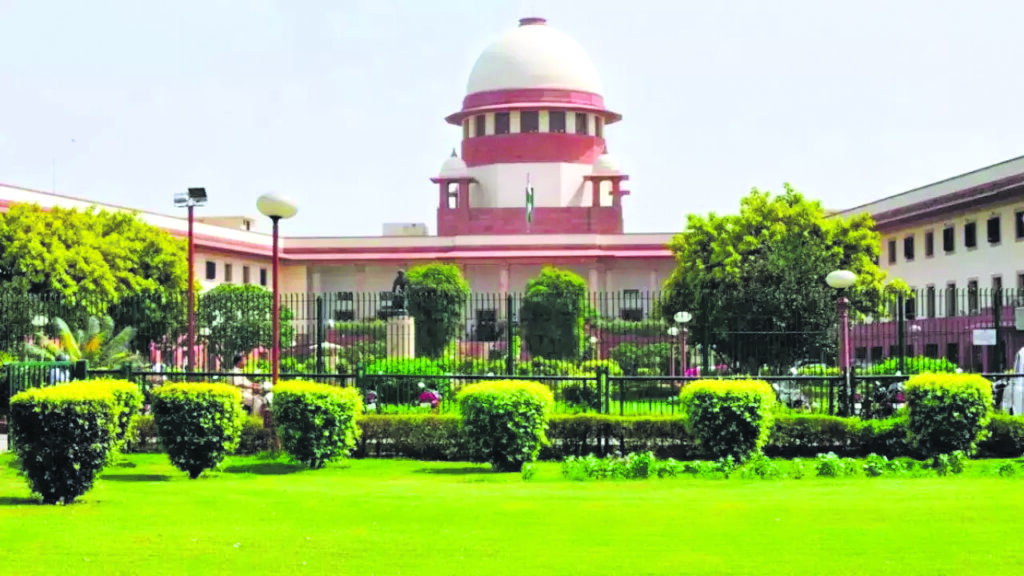Rehan Khan
On July 9th, the Hon’ble Supreme Court stated that most of the general public is not aware that the age of consent for sexual intercourse with a girl has been increased from 16 to 18, while passing a verdict.
This amendment was brought back in 2012, with the enforcement of the POCSO Act and the subsequent amendments to the Indian Penal Code (IPC).
A Bench of Justices Sanjiv Khanna, Sanjay Karol and PV Sanjay Kumar dismissed the appeal by Madhya Pradesh government against the acquittal of an accused under the Protection of Children from Sexual Offences (POCSO) Act.
“Awareness is still not there that age of consent has been increased from 16 to 18. Else families can intervene and while opposing also say wait till 18”, Justice Khanna remarked before disposing the matter.
The judiciary has often frequently raised concerns regarding the difficulties in prosecuting cases under the Protection of Children from Sexual Offences (POCSO) Act. involving consensual relationships with young girls. These situations typically lead to the male partner facing legal charges, despite the relationship being consensual and romantic. The strict enforcement of the POCSO Act can criminalize normal teenage behaviour, causing serious legal and social repercussions for young men. This highlights a need for a more balanced approach to such cases to prevent unfair punishment of consensual teenage relationships.
In December 2022, Chief Justice of India DY Chandrachud acknowledged that the current age of consent under the Act poses significant questions for Judges handling these cases, and that the legislature should address this issue and bring forth required changes.
Earlier in 2022, former SC Judge Justice Indira Bannerjee held a similar viewpoint.
The Madhya Pradesh High Court had last year requested the Central Government to reduce the age of consent for sexual intercourse to 16 years.
In the case of Rahul Chandel v. State (MCRC-52703-2021), Justice Gurpal Singh Ahluwalia remarked that, “Now a days, every male or female around the age of 14 years due to social media awareness and easily available internet connectivity is getting puberty in early age. Owing to this, the female and male child are getting attraction and these attractions are resulting into physical relations with consent. But due to this, the boy is treated like a criminal in the society. Thus, I request the government to think over the matter for reducing age of the prosecutrix from 18 to 16 as earlier before amendments so that injustice should be redressed.”
The 22nd Law Commission chaired by Justice Ritu Raj Awasthi advised that the government should not tinker with the age of consent. Instead, it advised that there must be “guided judicial discretion” while pronouncing judgements in cases involving substantial questions of facts like where underage female shows approval, even if not explicit consent to make physical relations.
The ongoing debate around the age of consent highlights the complexities and nuances involved in protecting young individuals while acknowledging their evolving social realities. As illustrated by the remarks of various judicial figures, there is a pressing need for legislative clarity and a more balanced judicial approach.
It is imperative that both the judiciary and legislature work collaboratively to ensure that laws like the POCSO Act are enforced in a manner that protects children without unfairly criminalizing consensual teenage relationships.

